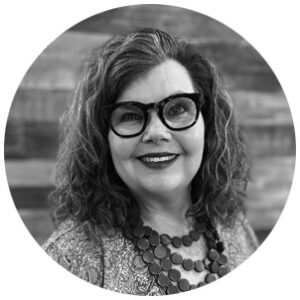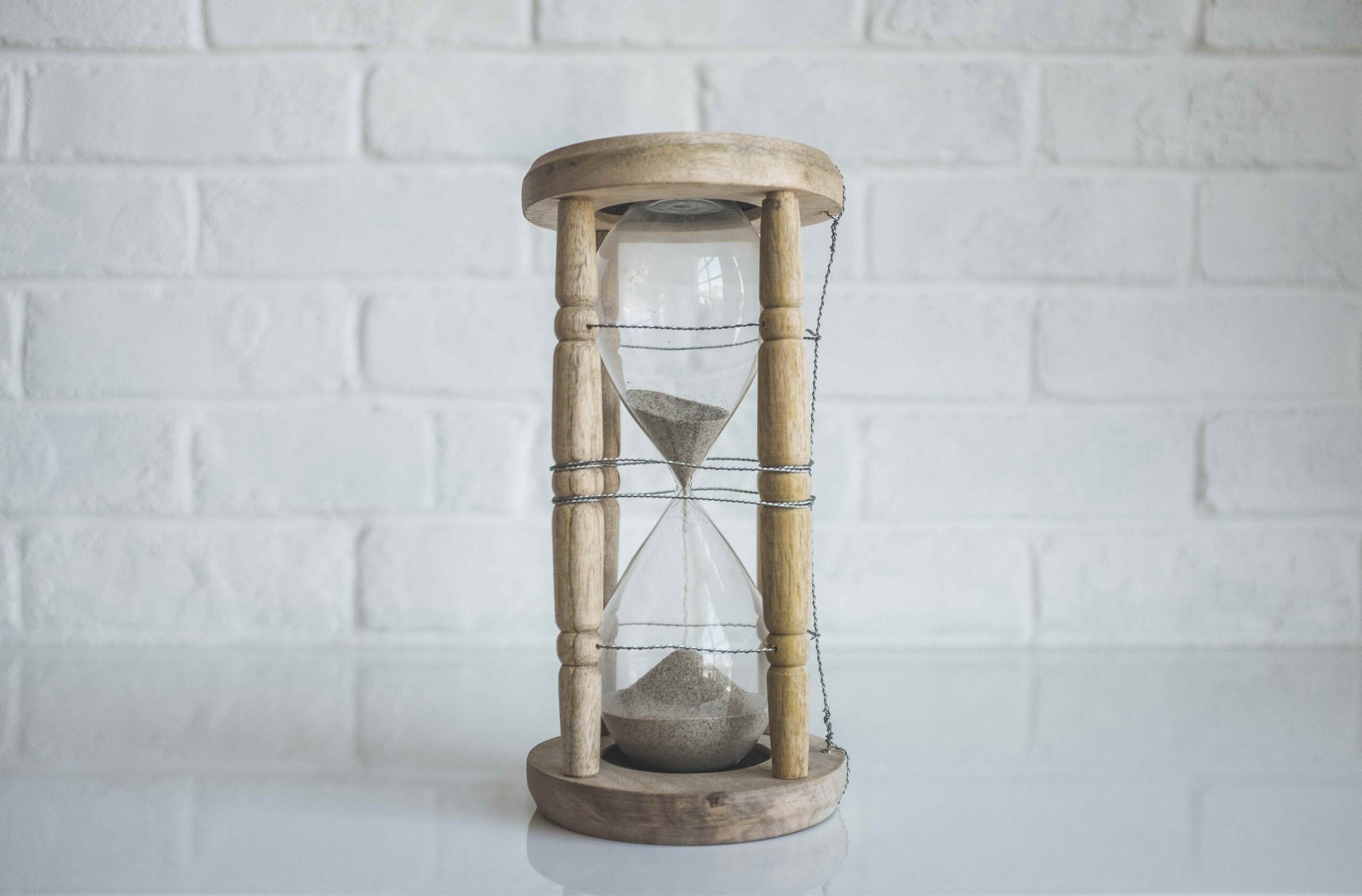KAREN HODGE | CONTRIBUTOR
Pressure like a grip, grip, grip, and it won’t let go, whoa.
Pressure like a tick, tick, tick, ’til it’s ready to blow, whoa-oh-oh.
Give it to your sister and never wonder.
If the same pressure would’ve pulled you under.
Who am I if I can’t fall or fail?
I have a reputation for crying in my popcorn in movie theaters. Sometimes, I cry because of sentimentality, and other times it happens when the truth hits a bit too close to home. While watching the movie, Encanto, the scene where the older sister Luisa sings the lines from Surface Pressure, I cried the tears of a recovering older sister, workaholic, and perfectionist who has bowed to the idol of productivity for over 30 years. In the scene, she is carrying the load of her family, including the embodiment of her woe, on pack mules up a steep hill. Her song laments the insatiable drive to please others and the vacuum of the “not-enough-ness” of human limitations.
Maybe you are not crying like me, but instead, you are almost giddy with the potential of productive days ahead in 2024 as you clutch your brand-new bullet journal. Ah, the possibilities seem endless! But whether it is the lines in our journal or the rings closing on our smart watch, we are always searching for ways to measure and account for how we spend our time. Time is an economic affair. Just take a listen to those around you.
“There are not enough hours in the day.”
“I am sick of wasting time.”
“Let’s kill some time.”
“I am living on borrowed time.”
“I wish I could turn back the hands of time.”
By now, optimism may be reduced to realism. We rush from here to there with little regard for rest. We live in a hustle culture— an environment that intensely focuses on productivity, ambition, and success at all costs. The idol of toxic productivity is a cruel taskmaster. If I see my value as being measured by how much I accomplish in each day, then doing will always trump being. Thinking biblically about productivity includes remembering my identity is rooted in the finished work of Jesus Christ on my behalf rather than in finding my worth in how many things I have checked off my to-do list. In this tension, we may tend towards two extremes.
TWO EXTREMES
Scarcity vs. Abundance
Scarcity is also a fundamental economic problem. It can be defined as a gap between limited resources and our theoretically unlimited desires. It is the “not-enough-ness” we feel when we stare at the bedroom ceiling after a long day. We feel the void of not enough time, help, money, or resources. This emptiness can lead to a myriad of responses. We get angry or are tempted to hoard “our time” in fear, seeing others stealing from us as they interrupt our well-laid plans. But God’s Word promises us abundance. “The thief comes only to steal and kill and destroy. I came that they may have life and have it abundantly” (John 10:10). Abundance means sufficient or enough! We are rich in time and resources from Him, so much so we can be generous with others.
Ownership vs. Stewardship
Social Media is replete with “treat yo self” and “my time” reels. This is an endless black hole of self-orientation. We feel the strain of the lack of satisfaction, and it begs these questions.
Who does time belong to anyway?
Can it even be managed?
Is there any value in trying to order our priorities, or is there only one priority?
Here is the bad news and the good news. Time does not belong to you; it cannot be managed, only stewarded. Stewardship is something of priceless value entrusted by the King to be invested for Kingdom purposes. So, when you get up on a Monday morning, you are entrusted with His time to be invested for His glory. When you look at your watch and email this way, you can live open-handed rather than tight-fisted. Living open-handed is the posture of surrender. In this space, we can open our hands and recognize our limitations as gifts from God. We can also trust Him and choose to see interruptions as divine appointments.
Time Invested for Eternity
There are moments where we are challenged to think biblically about time. Whether it is the potential of a new year or the sober moments of a child’s graduation or funeral, it is in these times we need to learn to count like Moses: “So, teach us to number our days that we may get a heart of wisdom” (Psalm 90:12). Time is measured differently in God’s economy. Wisdom is not just knowledge acquired, like perfecting some life hack, but knowledge applied. It begins with the fear of the Lord (Proverbs 1:7). It’s when we fear to do anything that does not glorify Him. The signature line on my personal email reads, “Only one life will soon be past; only what is done for Christ will last.” Maybe you have even seen this cross stitched in your grandmother’s living room. But as I respond to a query, I find this simple phrase reorienting. So, as we enter 2024, let us ask: what lasts for Christ? Investing His time in His Word and with His people will bring purpose and eternal significance to our ordinary days.
Photo by Kenny Eliason on Unsplash

Karen Hodge
Karen Hodge serves as the Coordinator for PCA Women’s Ministry, where she seeks to connect women and churches to one another and to sound resources. She is also having the time of her life serving alongside her husband, pastor and best friend Chris, at Village Seven Presbyterian Church in Colorado Springs, CO. They have two adult children, Anna Grace Botka and Haddon Hodge. She is the host of the enCourage podcast and along with Susan Hunt, authored Transformed: Life-taker to Life-giver, Life-giving Leadership, and Breathe: The Life-giving Oxygen of the Lord’s Prayer.

